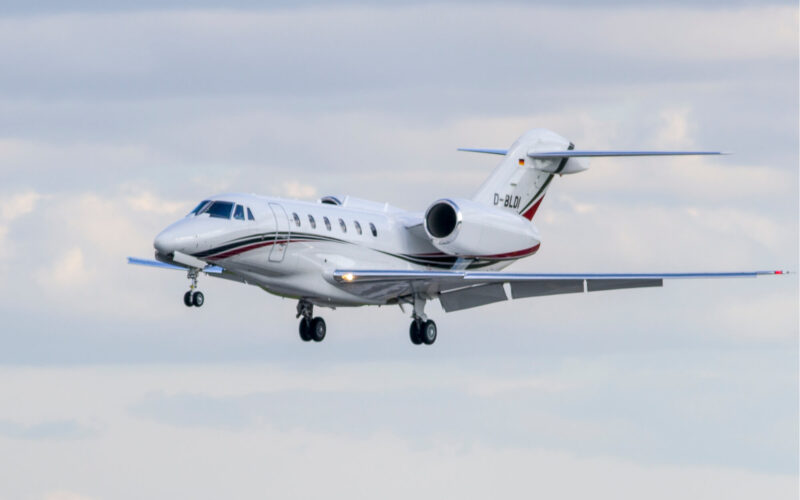The National Business Aviation Association (NBAA) suspects that any block on private jets at Dublin Airport (DUB) could stifle investment in Ireland and has duly raised these concerns with the Irish Ambassador to the United States (US).
The NBAA has written to the Irish Ambassador, Claire Cronin, expressing worries because DUB proposes to reduce non-scheduled flights, which would include business aviation, in order than it does not exceed its annual passenger limit of 32 million.
DAA, which manages the Irish capital’s airport, applied to increase its passenger cap to 40 million in 2023. However, the process may take up to two years, and it needs to find ways to manage numbers in the meantime.
According to the Irish Times, DAA’s CEO, Kenny Jacobs, told politicians that efforts to keep passenger numbers within the 32 million cap would impact business aviation.
“In essence, this action by the DAA will result in no business aviation flights being allowed to fly in or out of Dublin Airport until planning is secured to increase passenger capacity,” the NBAA wrote in its letter to Cronin.
The NBAA highlighted that business aviation flights are at the “center of much of the Irish-American economic relationship” and that any sort of ban would “greatly hinder Ireland’s attractiveness as a location for Foreign Direct Investment (FDI)”.
“Business aviation activity also supports hundreds of jobs, many supporting U.S. companies, on and around the Dublin Airport. We expect that local businesses will eliminate many of these jobs should the DAA ban take effect.” the NBAA wrote.
The NBAA has proposed that, should the application to increase the airport’s passenger cap to 40 million be succesful, then 20,000 passengers should be allocated for business aviation.
“This represents a mere 0.0625% of the passenger limit, maintaining access to Ireland and the Dublin area for business aviation, which brings substantial economic and commercial benefits while still adhering to the 32 million cap,” the NBAA advised Cronin.
DAA told the Irish Times that it will stay under the 32 million passenger cap until the situation changes.
“The current cap is leading to discussions with all aviation customers, including those who operate general aviation and charter flights, and DAA will continue to work with the slot co-ordination process to try to achieve the best outcome,” an airport spokesman said.
In a similar vein, an effort to ban business jets from Amsterdam Schiphol Airport (AMS) was suspended late last year.

